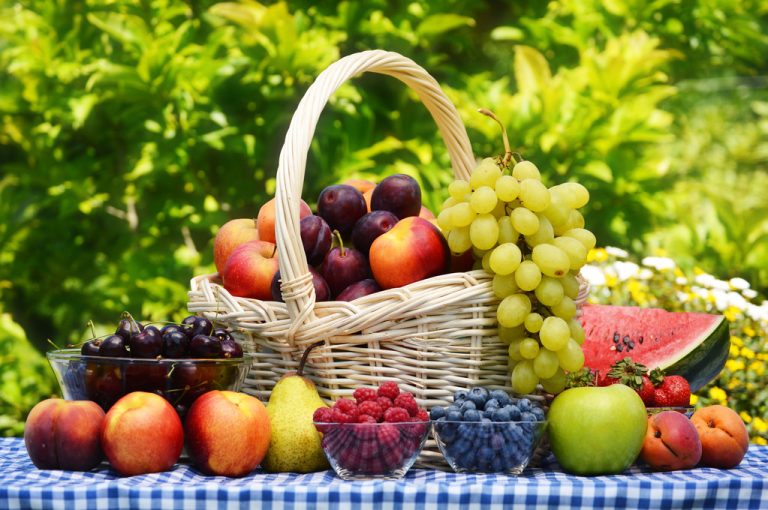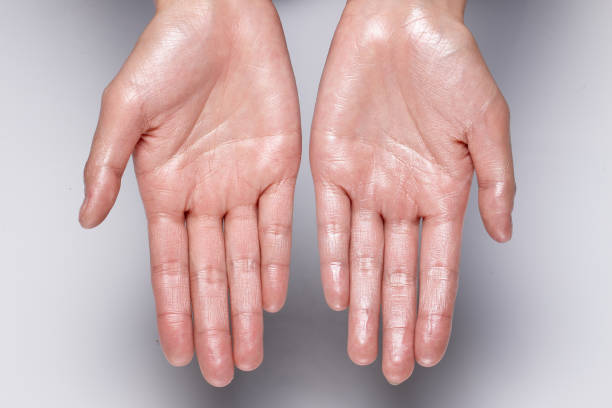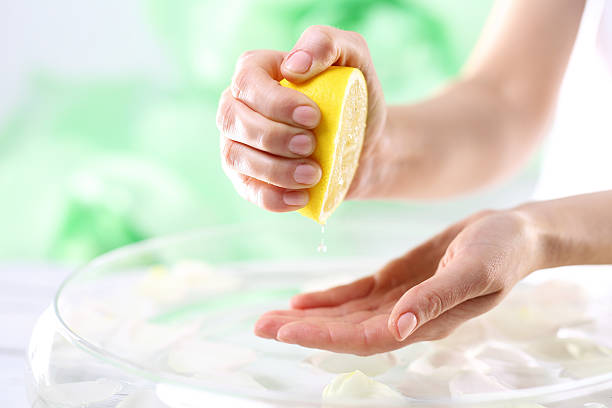Fruit is always healthy, no matter how much? Unfortunately, this is not correct. We’ll tell you which fruit you should stay away from – because it’s not as healthy as it seems.

Is fruit always healthy? no
Daily consumption of fruit is part of every balanced and healthy diet. But you can also do a lot wrong when consuming fruit.
Nutrition organizations recommend eating at least two servings of fruit a day. To put this in perspective, a serving of fruit is roughly equivalent to one banana or two handfuls of berries. The consumer organization Foodwatch is even calling for the VAT on fruit to be abolished so that Germans can eat healthier. But not every fruit is suitable for a healthy diet. We tell you which fruits you should avoid and why.
grapes
Grapes, the millennia-old cultural fruit – not so healthy after all? According to nutritionist Jennifer Hyland of the Cleveland Clinic, the tasty fruit should only be enjoyed in small amounts, otherwise it can be harmful to your health. The reason for this is simple.
According to Hyland, grapes are simultaneously very high in sugar and low in fiber. The fact that the grapes also have such a convenient shape for snacking between meals increases the health risk even further. Due to their bite-sized size and high sugar content, there is a risk of eating a lot of grapes in a short time, which can raise blood sugar levels and thus promote illness.
But you don’t have to give up grapes because there are ways to reduce this risk. For example, instead of putting whole grapes on your plate, portion out the berries so you eat less of them. Nutritionist Hyland gives the following tip: Freeze the berries beforehand for a sweet snack that takes longer to eat.
Important: To prevent grapes from spiking your blood sugar levels, it is always best to combine grapes with a protein source such as nuts. How about a handful of Greek pistachios* with the grapes, for example?
dried fruit
Many athletes promote dried fruit or fruit bars as a healthy alternative to chocolate bars. While that’s true, there’s a catch: Many dried fruits contain unhealthy added sugars, which not only can make dried fruits a real calorie bomb, but also spike your blood sugar levels.
Dried fruits have another problem. Most of the water is removed from them during the drying process. So far, so unsurprising. However, like fiber, water is important for the feeling of satiety. Therefore, dried fruits often tempt to eat too much of them. But: If you pay attention to unsweetened variants and the portion size, there is nothing wrong with dried fruit. In general, fresh fruit is always the better and healthier choice.
Also interesting: It is not only in dried fruit that there is a lot of sugar, also in many other foods of our everyday life there are enormous amounts of calories, without most people knowing it.

fruit juice, smoothies and squeezies
When it comes to drinks, fruit comes in many different forms on our menu. Whether as orange juice for breakfast, as a supposedly healthy smoothie for athletes or as so-called Quetschie, a fruit mush snack popular with children. And these fruit drinks really pack a punch.
According to a well-known TV advertisement, a glass of orange juice covers your daily vitamin C requirement. What many people don’t know is that this glass of orange juice also covers more than half of an adult’s daily sugar requirement. The same goes for store-bought smoothies and squeezies. The sweet fruit drinks are a supposedly good way to cover the daily need for fruit. These and even unsweetened fruit juices can also raise your blood sugar level significantly.
Normally, the fiber contained in fruit ensures that the blood sugar level remains stable, but this is removed in most fruit drinks such as juices, squeezes or smoothies. The following applies here: Making it yourself is not only healthier, it also tastes much better. If you can’t avoid store-bought juice, consider adding a handful of nuts or another source of protein, according to nutritionist Hyland.










